Training for the USA Paracanoe 200 Meter Sprint Kayaking Paralympics
My goal is to represent the USA at the World Paracanoe Sprint Championships and Paralympics in Rio 2016. In 2013, 2014. I made the US team and hold the fastest US Men’s Paracanoe LTA/KL3 time in 200M. My classification is LTA(Leg,Trunk, Arms) capable, which is the most able of classifications. There a couple of ways to qualify for the Paralympics.
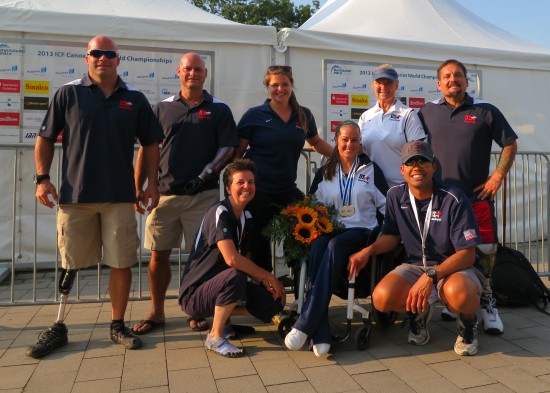
2013 National Paracanoe Team(Nik far left)
http://www.teamusa.org/usa-canoe-kayak/meet-the-national-team
One is via the 2015 World Sprint Championships which are held in Milan where the top 6 finishers in each category, earn a country quota for Rio. Another qualifying path for the Paralympics is where the next 4 highest finishers at the Worlds, who have not already earned a country quota, will be entered into Rio. In addition most countries will have another “Team Trials” before Rio. Meaning, someone could win a quota for that country, and if they lose at the second team trials to someone else in that category, the new team person goes to Rio.
http://www.milanworldcanoesprint.com/en/
Simply stated my goals are:
Getting to the 2016 Paralympics in Rio 2016.
1.To win US Team trials( Location and time TBD next year, Probably April in OKC) each year and meet minimum time requirements.
2.Place top 6 2015 ICF world Championships to earn country quota
3.Place within top 4 places that have not already been earned by a country. (USA places first 2015 and 2016, they do not take a second quota)
Getting to the 2015 ICF world Championships in Milan.
2015 US Team trials for Paracanoe are held in Gainsville, GA at Lanier July 18th.
1. Top finisher makes the US Team.
2. Exceptions: there are minimum time standards that also have to be met. These times are based off last years world championship “A” finals Podium finishers average time.
A person has to win and meet the minimum.
Training Overview
My training overview includes 12 months of training each year with 2 trips down to Florida to train at the pines. Locally I train 5-6 days a week comprising of 5-10 water sessions, schedule dictating. I wake up on at 0430 to train in the morning before I go to work. Monday through Thursday I also train on the water after work. Monday, Wednesday, and Friday are Gym days at lunch if possible, if not, later in the evening after Dinner. Saturday and Sunday mid mornings are reserved for open water training and additional gym sessions.
My training consists of strength and conditioning over the winter and early spring months. In March the intensity and speed work intervals start picking up. 3 minutes on 1 minute off 12 times is a common workout. There are various workouts that start getting shorter with higher levels of intensity 10-6 weeks out from a major race.
The next focus in training is gaining experience racing. Racing in regattas provides a real world exposure with many benefits. Doing these regularly will help an athlete be able to focus on” their” race instead of the entire event.
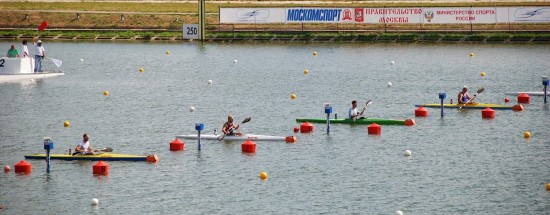
Nik(white K1) at starting line at Worlds in Moscow
Taking note of the schedule race number, lane, and the races/race type before you race. I.E. women’s k1, Men’s C1 etc…helps you know when you are circling in the holding area, especially if it is windy and hearing the announcers may be an issue. Also check-in with the start line officials, if applicable. During this time I am also listening to the start line and the cadence in how they call their starts.
Other race considerations are the boat you get to use, warm ups, the weather conditions, and spending time in your lane. If you have to share a sprint boat, which happens frequently in paracanoe, can you find a partner with that has similar modifications, seat type, distance, footboard placement, etc…. Also, when are they racing, will your warmups or races interfere with theirs?
During warm ups the days prior to my race, I try to get on the water the same time of day as my race. Then the day of the race during my warm up, I spend time in my lane. I like to hang back a 100M from the 200, 500 or 1000M start lines depending on the distance they are running races at that time. This is so I can line up in my lane and do some starts and if I can hear the start line, even better. Often there is a starting block practice time allotted for athletes. I go to my lane first, but I also try to get into all the other starting blocks if possible. They are all slightly different and I do not know which lane I will draw for additional races.
Nutrition and rest are also huge components when it comes to training and racing. Eat healthy, eat clean, and make it a way of life. Being slightly dehydrated or overhydrated can negatively impact a person’s performance up to 30%. Every person is different and finding the right combination of diet, and rest comes down to trial and error. I was able to figure out the diet after my first year of training. It has stayed a constant since.
The rest and recovery process is the real challenge. Not just getting sleep each night, but ramping up and down your training to peak at the right time of year. During my first year 2013, I was peaking in May and June when July and August were the important months. In 2014, I ramped up training and peaked in March and April. Since my body had “memory” of the previous year and I got into race shape sooner. This year I started up and followed a more specific training schedule. This helped me peak in March and April again, but allows for me to ramp down, recover and pick back up. This is a personal challenge and very difficult. I want to peak for every race and every training session, but that will leave a person burned out half way through the season. Therefore, I keep training as per the “training plan” with the long term goal in mind.
Every person is different; technique is key and a constant in every training session. Gaining experience, diet, training routine, and consistency are also important factors.
Confidence breeds success, success further develops confidence.
My Story (reprinted from USACK)
A few years ago, I was injured by a careless motorist who ran a stop sign. I woke up from a coma in which I had a ruptured Aorta, crushed hip, and above knee amputation. I made good progress towards recovery over the years, but always felt empty inside and unknowingly; my emotional and physical well being was slowly diminishing. I was exposed to the sport of Kayaking and quickly realized the negative state I had slipped into. My first races were in 2012 when I started chasing around the able bodied paddlers on the local waterways of Virginia Beach. I formally raced at U.S. nationals 2012 and learned a lot from the experience. I reviewed, refined my diet and exercise plan and dedicated my lifestyle to racing and competing. I have worked endlessly in the gym and on the water to best represent and perform at a high level. In this process, I have met many great people and with my Marine Corps background, I have had the opportunity to work with disabled veterans through Team River Runner functions and Warrior Transition Unit field meets.
I would not be here if it was not for my Team. My parents Gayle and Elmer, Melissa P, Chuck Conley my coach, along with Deb Page, Pam Boteler, Kathleen McNamee, The Ross Family, and the rest of the folks from the Washington Canoe Club, Stellar Kayaks and Surfskis, Team River Runner, Surf and Adventure, and my second family (friends) Murray Kirk,Terrell, Jaycee, Mikki, Kacie, Shelby, Rob Mooney and the list goes on. I am truly fortunate to have such a great emotional support structure behind me.
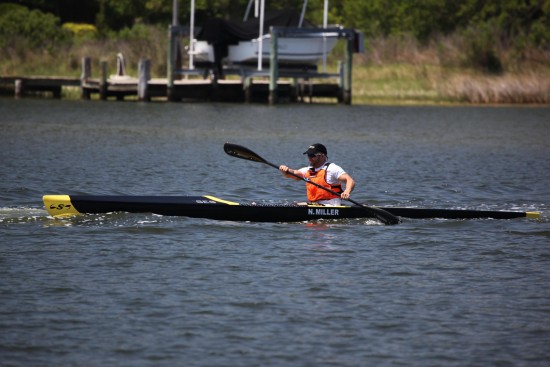
Nik at Stellar Dealer Conference in May
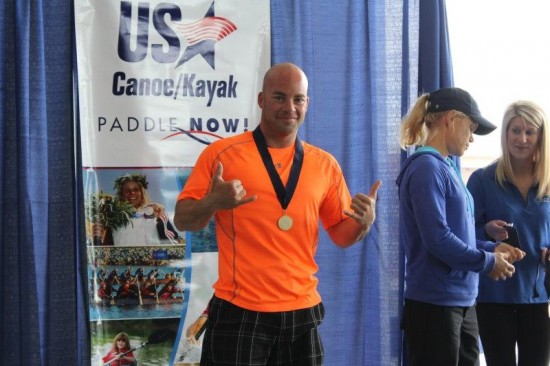
Nik Miller at awards
How to help Nik by Wesley Echols
Below is a link where you can donate to help with Nik’s expenses for his upcoming races. The donated funds go directly into the race account for those expenses only and are tax deductible. As most of us are aware of, our olympic athletes receive little in the way of financial support to pursue their goals. I had the pleasure of meeting Nik in May along with Chuck Conley, Nik’s coach. Like Nik(USMC and Chuck(USN), I was in the Navy for eight years. So for me to help out a veteran and paddler to reach his goals is more than worthwhile. I hope many of you will feel the same way. Wesley
Nik’s United States Canoe and Kayak Rally Site
https://usack.rallyme.com/rallies/1840
Links to other sites about Nik’s Journey.
http://nikmillerathlete.blogspot.com/
http://www.surfandadventure.com/duel-in-duisburg-qa-with-nik-miller/
http://www.stellarkayaksusa.com/team.html
https://surfskiracing.org/2015/01/team-river-runner-health-healing/
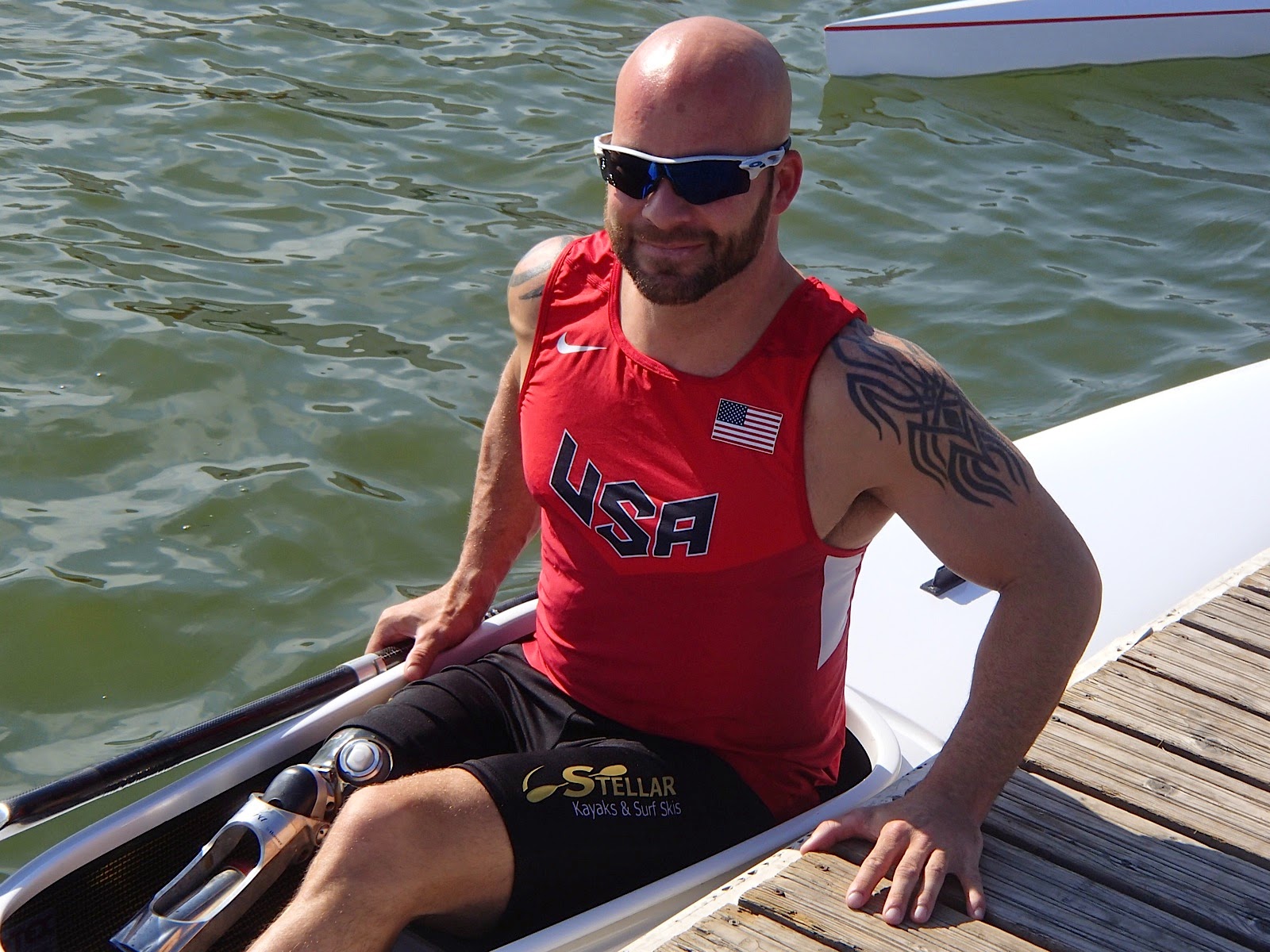
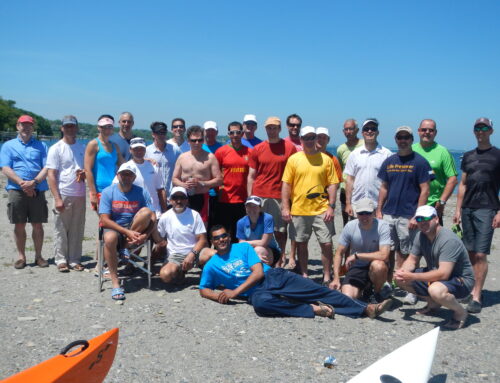
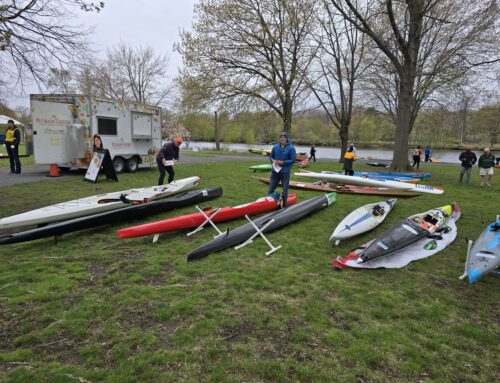
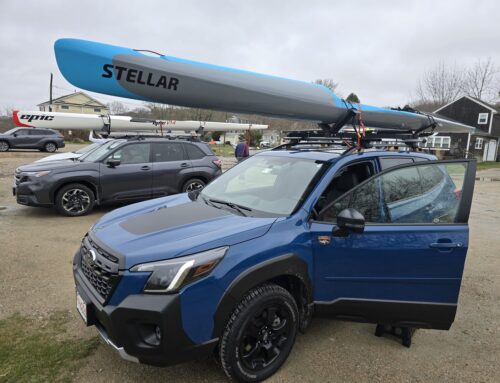
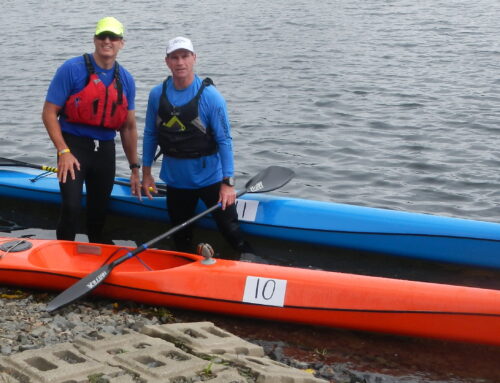
Leave A Comment
You must be logged in to post a comment.